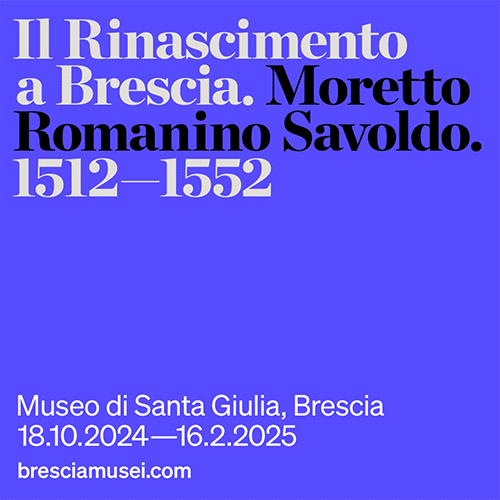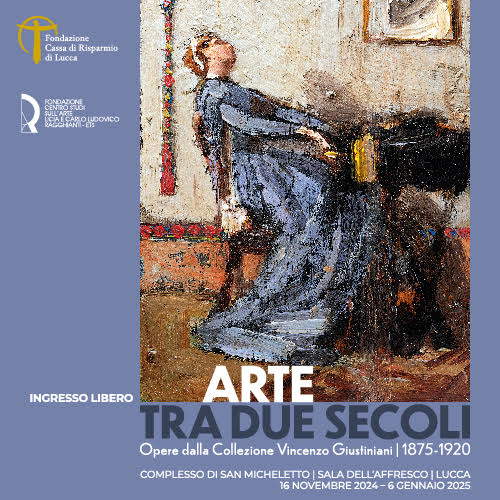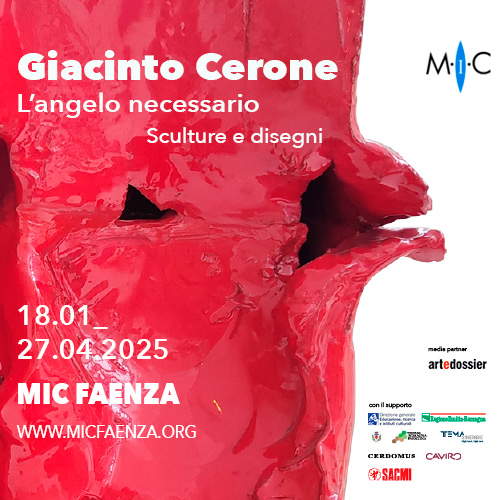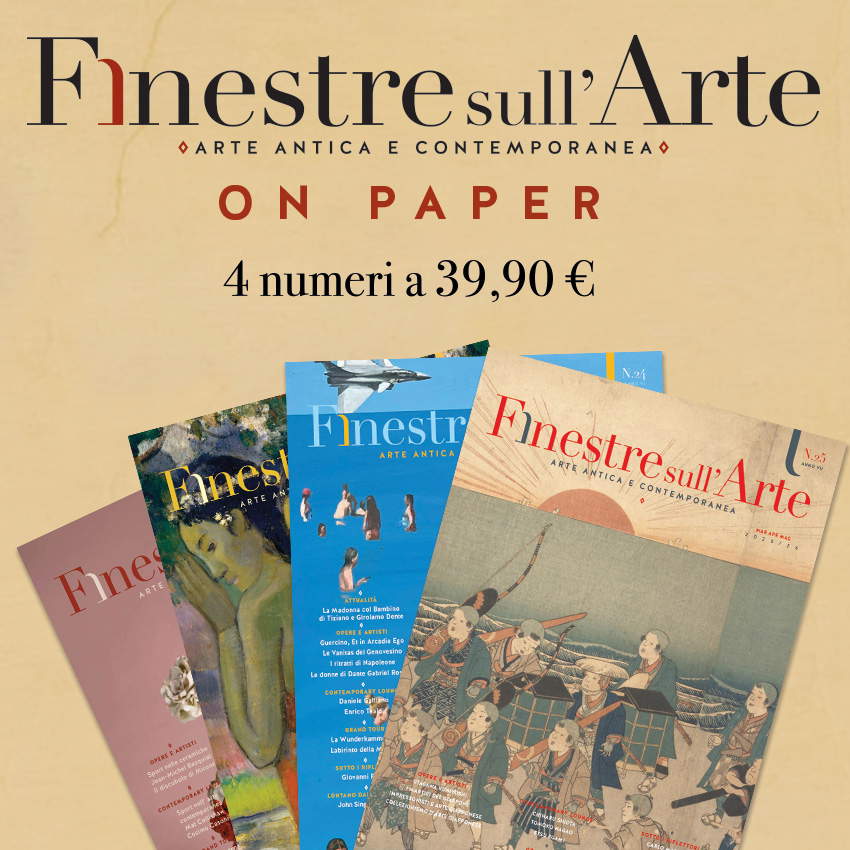USA, a small Massachusetts museum returns 150 sacred objects to the Lakota-Sioux
A small Massachusetts museum, the Founders Museum in Barre (about 100 km from Boston), set up in a single room of the local Woods Library, has returned some 150 objects considered sacred by the Lakota-Sioux people, after the institution had kept them for more than a century. The restitution ceremony, which came after a lengthy repatriation process, was held last Saturday in the presence of members of the Oglala Sioux and Cheyenne River Sioux tribes, who were presented with artifacts such as weapons, pipes, footwear, clothing and miscellaneous items thought to be directly related to the Wounded Knee massacre, a serious bloodbath that occurred in 1890 in South Dakota: the massacre, for which U.S. soldiers were responsible, occurred on December 29 of that year in the Wounded Knee creek valley, when four cavalry squadrons of the Seventh Regiment killed about 300 natives, including many women and several children. The motive that triggered the massacre has not yet been clearly established (it probably involved misunderstandings regarding orders given by American soldiers).
According to reconstructions, the artifacts at the Founders Museum in Barre allegedly belonged to some of the victims of Wounded Knee, and were taken by a worker involved in cleaning up the massacre site, and were then sold to a Massachusetts resident named Frank Root, according to museum records. Root donated the artifacts to the museum in 1892, where they have remained ever since. The Wounded Knee Survivors Association in South Dakota has been asking the museum to return the artifacts since the early 1990s, but has consistently met resistance until recent eras. The only return attempt occurred in 2007, when the museum board tried to return some of the artifacts to the Lakota people, but according to the museum it was unclear to which entity they belonged. Then, earlier this year, the museum restarted the repatriation process, and in April hired a consultant, a specialist in the Native American Graves Protection and Repatriation Act (NAGPRA, the 1990 law that requires U.S. public institutions that receive federal funding to return culturally valuable Native objects to their rightful owners) to inventory its collection, consult with the tribes, and return the objects.
Then, on September 29, 2022, members of the Barre Museum Association voted unanimously to return many objects considered culturally significant by the Lakota, and last Saturday the return actually took place. “Ever since the Wounded Knee massacre, genocides have been instilled in our blood,” Circumcised Bear, 20, a native who traveled to Barre from the Pine Ridge Indian Reservation in South Dakota, told the Boston Globe. “And for us to bring these artifacts back is a step toward healing. A step in the right direction.” “It’s always been important to me to give back the objects,” said Ann Meilus, Founders Museum board president. “I think the museum will be remembered for being on the right side of history for returning them.”
The returned objects, however, are only a fraction of the approximately 870,000 Native American artifacts (including nearly 110,000 human remains) currently in the possession of universities, museums, and even the U.S. federal government that are supposed to be returned to tribes under NAGPRA. Now, as Yellow Bull, a descendant of one of the Wounded Knee victims, also told the Boston Globe, the objects will be stored at Oglala Lakota College until tribal leaders decide what to do with them. The objects returned to the Sioux people have all been authenticated by multiple experts, including tribal experts. The museum also has other indigenous objects that are not believed to have originated with the Sioux.
“Our next actions,” the museum said in a note, “depend on decisions at each stage of the transparent consultation process. Through each stage, the Founders Museum will take the necessary actions. We cannot predict the outcome at this time, or how quickly each stage will be completed. However, we are committed to moving this process forward as quickly as possible-that is what we are dedicated to.”
Pictured: the Barre Founders Museum
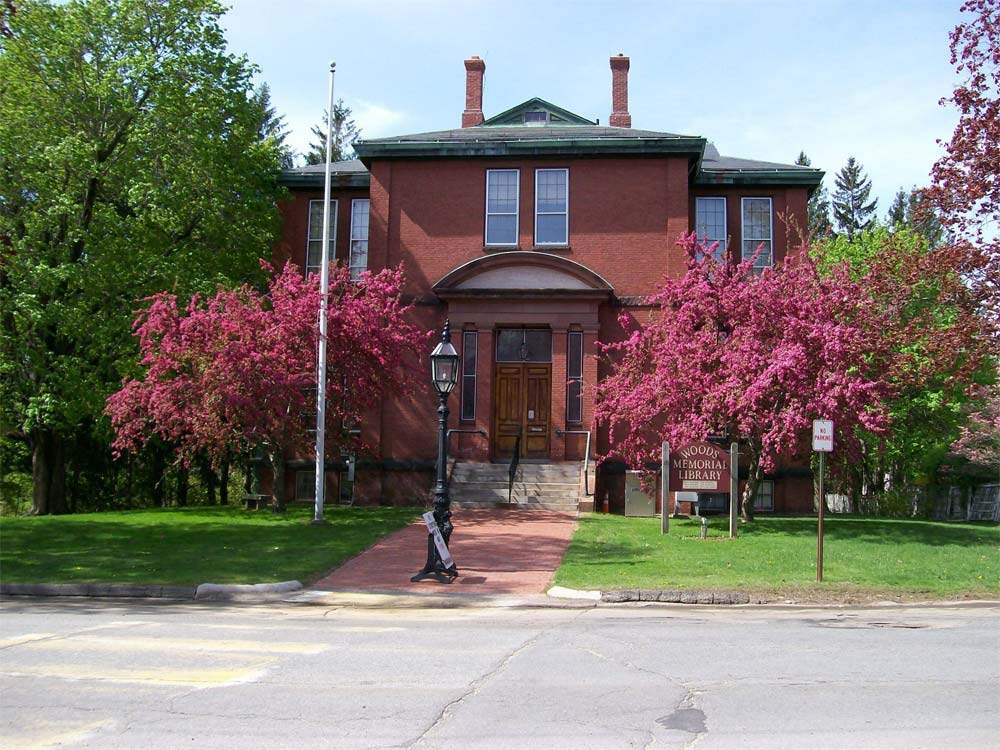 |
| USA, a small Massachusetts museum returns 150 sacred objects to the Lakota-Sioux |
Warning: the translation into English of the original Italian article was created using automatic tools. We undertake to review all articles, but we do not guarantee the total absence of inaccuracies in the translation due to the program. You can find the original by clicking on the ITA button. If you find any mistake,please contact us.






